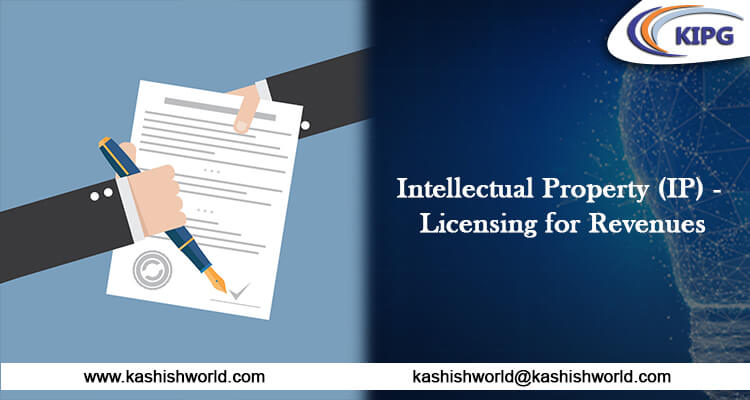
In the present fast-paced society, Intellectual Property (IP) can indeed be a critical element in the continued growth and ultimate success of a business company or startup. Nowadays, many companies across the globe invest significant funds to come up with products and services and their related IP for retaining ownership of such assets. However, business owners do have various financial limitations and other obstacles to expansion and growth as well. What the business owners can proactively do is explore how they can monetize their IP assets. They can consider the benefits associated with licensing some of their IP assets for generating further revenues.
For creating products, services, and related IP, performing internal research and development is undoubtedly the most concise and relevant approach. Many companies and organizations worldwide employ scientists, engineers, graphic designers, software developers, writers, and other skilled personnel for efficiently performing their in-house creation of new products and services. By considering the other side of the story, we learn that there are some other business companies and organizations too that don’t possess any in-house resources, and, in turn, contract the work out to relevant third parties holding specialized experience and skills. Without any second thoughts, careful planning is all that business companies and organizations require for owning all of the applicable Intellectual Property Rights (IPRs), which may include a patent, copyright, trademark, industrial design, or trade secret.
In today’s highly competitive environment, businesses may succeed in selling their offerings to their target audience or a specific geographic area; however, they may not desire to spend some more funds to enter other markets. With licensing, there comes an opportunity for business owners to license their IP assets to a third party, which shall at least help in raising funds required in the process of sales and marketing and entering a new target market. Licensing agreements are made in exchange for a reasonable royalty and some other compensation. Also, in some scenarios, the business receiving the license may look forward to funding the tailoring of the offerings so that it may benefit from the already existing niche clientele.
In other scenarios, an author of the literary and artistic creations may be selling his or her works via traditional and digital means of marketing. Such unique creations could include blogs, training materials, presentations, books, and so on. The author can also license his or her works to the training organizations belonging to different industries. Licensing offers the exclusive opportunity for creating royalty streams, that too, by giving different licenses to different organizations. In some situations, the license may include the non-exclusive rights corresponding to using the author’s registered trademark in connection with the creative works – limited to the restrictions within the license agreement.
There are various small and mid-sized companies out there that can’t afford large technical teams, such as those in MNCs. With licensing, these companies can gain exclusive access to the products and services and their related IP without getting into too much of the upfront development cost.
In the case of licensing, the licensor business extracts benefits from the other party’s efforts to commercialize the offerings while receiving a royalty payment. The licensee business, on the other side, extracts benefits from obtaining the license to the IP assets that it requires for growing its business. Therefore, we can say that licensing is a win-win situation for the licensor and the licensee.
The license agreement should identify the IP assets owned by the parties involved initially. It must also clearly address who will own the improvements, modifications, and derivative works (if any) made by each party. Besides, the parties involved may also agree to joint ownership of the improvements, modifications, and derivative works. The license agreement may also include a confidentiality provision along with a provision to limit or restrict the sales to a list of competitors of the licensor.
We can conclude by saying that business owners should review their offerings and related IP from time-to-time to assure the appropriate level of Intellectual Property Protection and generate revenue streams.

